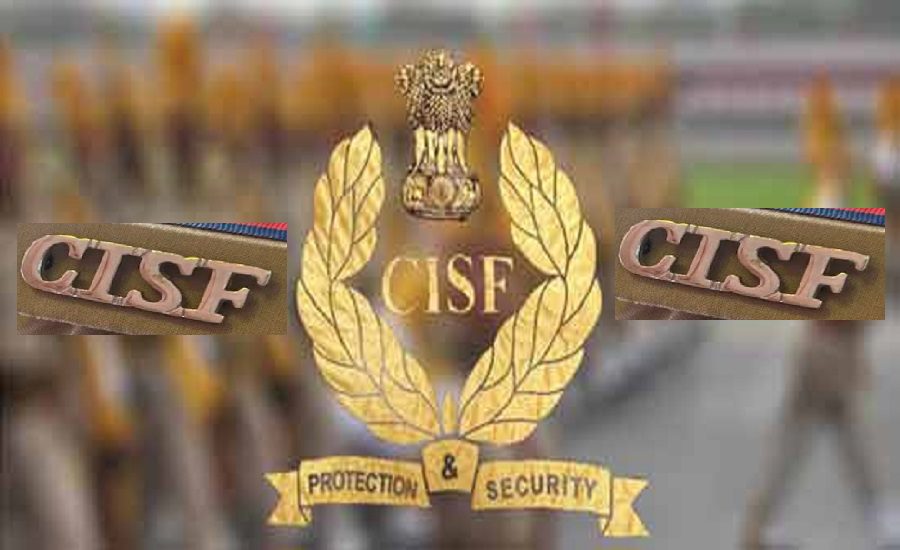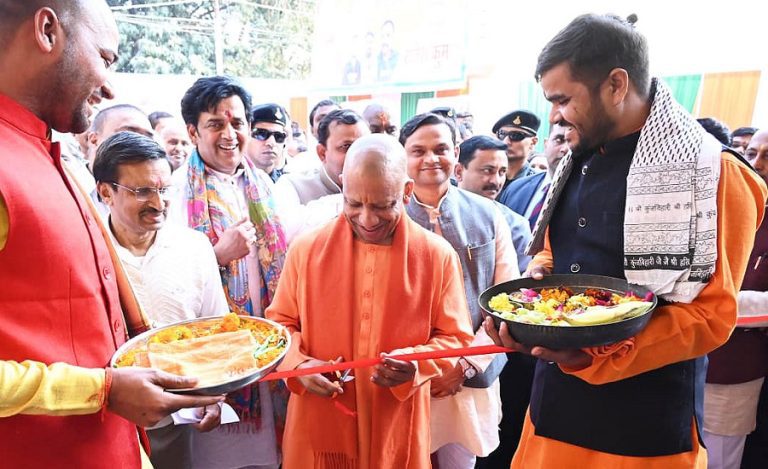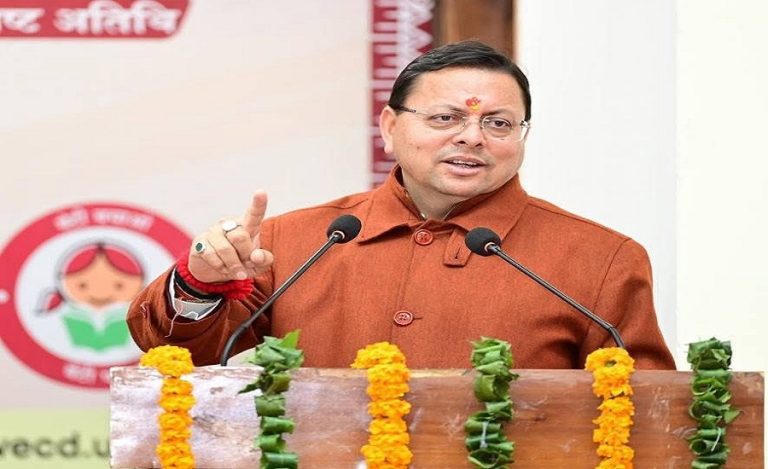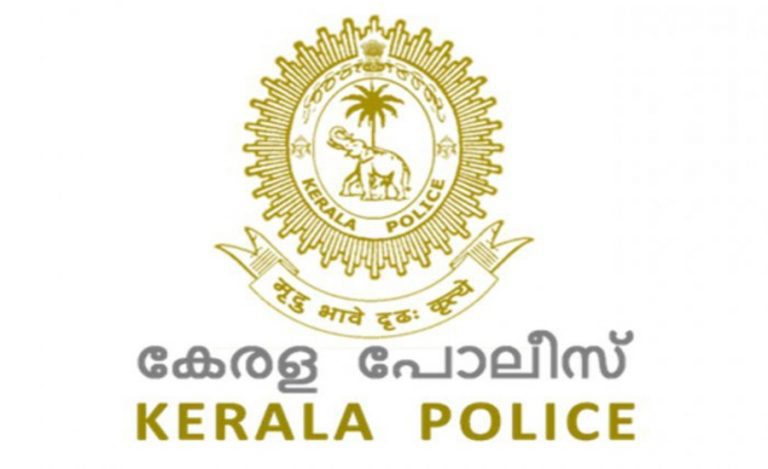New Delhi: The Central Industrial Security Force (CISF), tasked with the security of the Parliament House, is set to implement a significant change in its transfer policy for personnel deployed in Parliament security. Reports indicate that the current three-year transfer cycle will now be extended to four or five years for the 2,500-strong contingent assigned to Parliament security.
Policy Change to Improve Recognition of MPs
The move comes after several Members of Parliament (MPs) complained that CISF personnel occasionally failed to recognize them during sessions. Extending the tenure of personnel is aimed at helping them become more familiar with MPs and the intricacies of the Parliament House, thereby minimizing instances of misidentification.
This new policy will specifically apply to personnel assigned to Parliament security and will not affect those posted at airports, metro stations, or other CISF units.
Current CISF Deployment at Parliament
Since taking over the security of the Parliament House in May 2024, the CISF has deployed over 2,500 soldiers and commandos at the Parliament. These personnel are specially trained to memorize the faces of MPs and are well-versed with the layout and security protocols of the Parliament building.
Despite these efforts, there have been occasions where MPs have reported difficulties with personnel not recognizing them, prompting the review and revision of the transfer policy.
Rotational Transfers to Maintain Experience and Continuity
Under the new plan, 25% of the personnel deployed at Parliament will be rotated each year to other units. This will allow fresh personnel to gain exposure to Parliament security while retaining enough experienced personnel to ensure smooth operations. The extended tenure of four to five years will ensure that personnel are well-acquainted with MPs and security procedures, especially after general elections when new MPs join the House.
Sources indicate that the government may allow personnel to remain stationed at the Parliament House for up to five years after the formation of a new government. This is intended to maintain continuity and prevent confusion during the initial sessions attended by newly elected or returning MPs.
Expected Benefits
Beyond improving recognition of MPs, this policy change is expected to enhance overall efficiency in Parliament security. By balancing experience with rotational exposure, the CISF aims to ensure operational continuity while providing opportunities for personnel from other units to familiarize themselves with the unique security protocols of the Parliament.




























